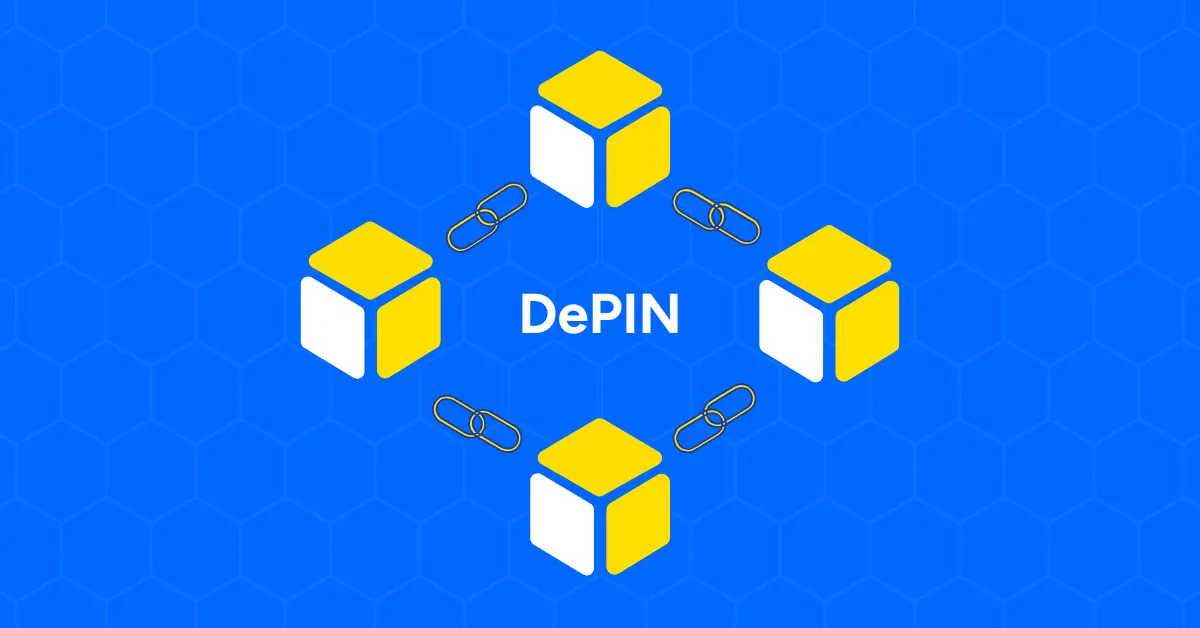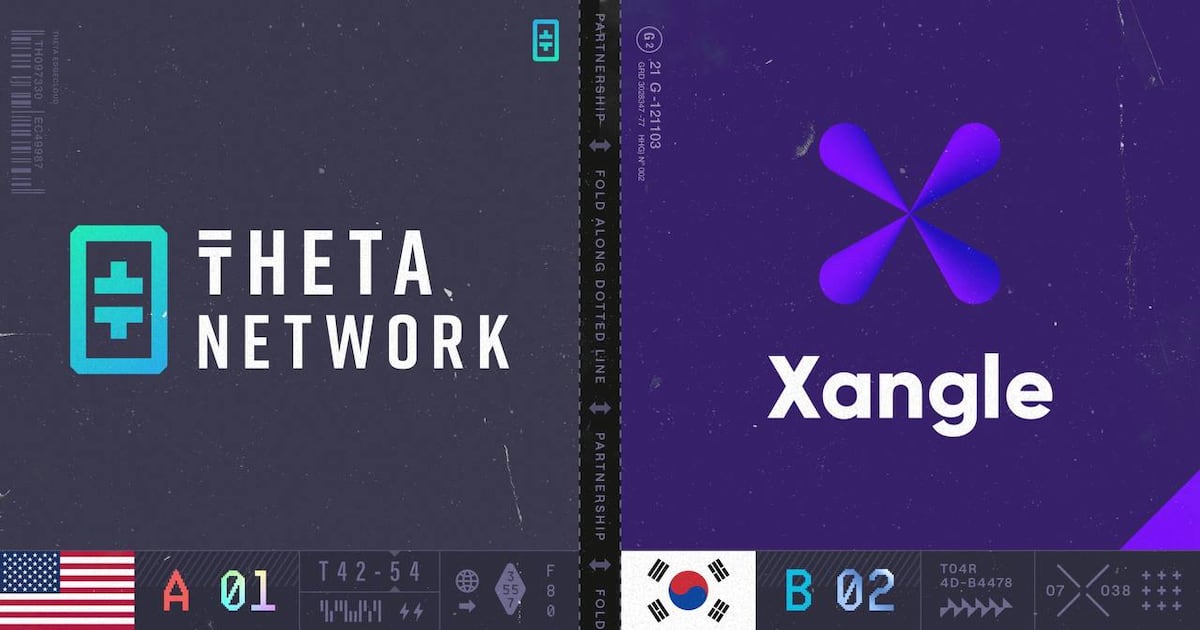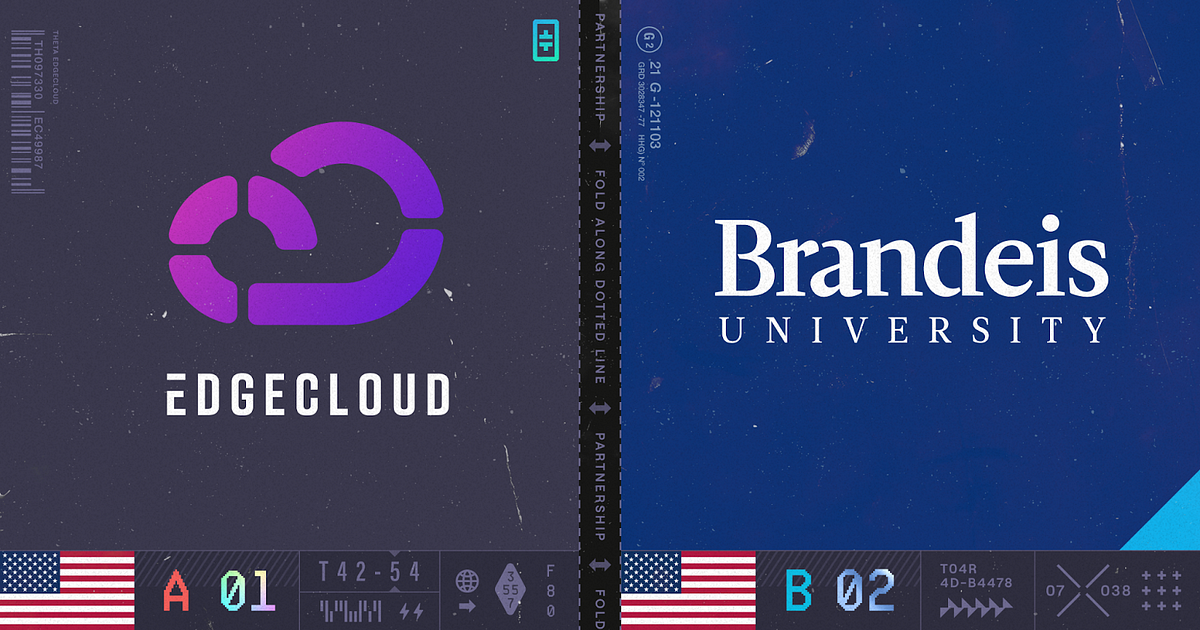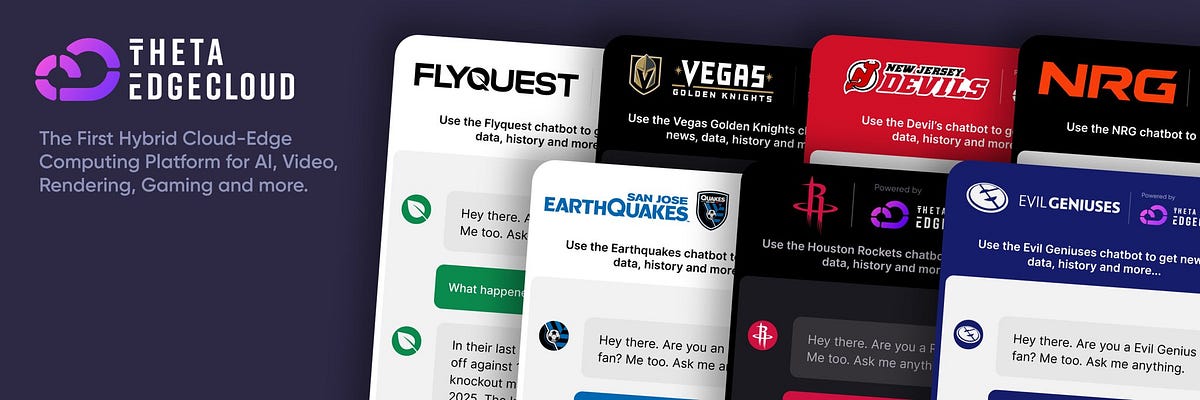CUDOS Intercloud: Pioneering Sustainable Computing for AI

CUDOS Intercloud is pioneering a new era of sustainable computing as part of the Artificial Superintelligence Alliance. The company aims to redefine the landscape of AI infrastructure by focusing on green computing practices. On April 24, 2025, CUDOS will participate in the Peace One Day #Ai2Peace event, where CEO Matt Hawkins and VP of Sales Pete Hill will discuss the importance of distributed AI infrastructure in fostering a peaceful and sustainable future. This initiative highlights the necessity of building a fair and open AI ecosystem that prioritizes environmental responsibility.
Traditional cloud computing has a significant environmental impact, with a single 1MW data center consuming millions of kilowatt-hours of electricity and vast quantities of water annually. The carbon footprint of such centralized infrastructures is immense, as evidenced by Google’s data operations consuming 27 terawatt-hours of energy in 2024 alone. CUDOS Intercloud addresses these inefficiencies by utilizing existing data centers, optimizing their capacity without the need for additional resources. This approach not only reduces costs but also minimizes the carbon footprint associated with new infrastructure development.
CUDOS Intercloud is committed to sustainability at its core, operating on 100% renewable energy and ensuring that its GPU-focused clusters utilize sustainable practices. The company has already saved significant costs by maximizing the efficiency of existing data centers and redirecting wasted energy into productive use. By joining initiatives like the Stripe Climate program and committing resources to carbon removal projects, CUDOS is not just making claims about sustainability but is actively working towards a greener future. This commitment positions CUDOS as a viable alternative to traditional Big Tech, promoting a distributed and environmentally friendly approach to cloud computing.
Related News





